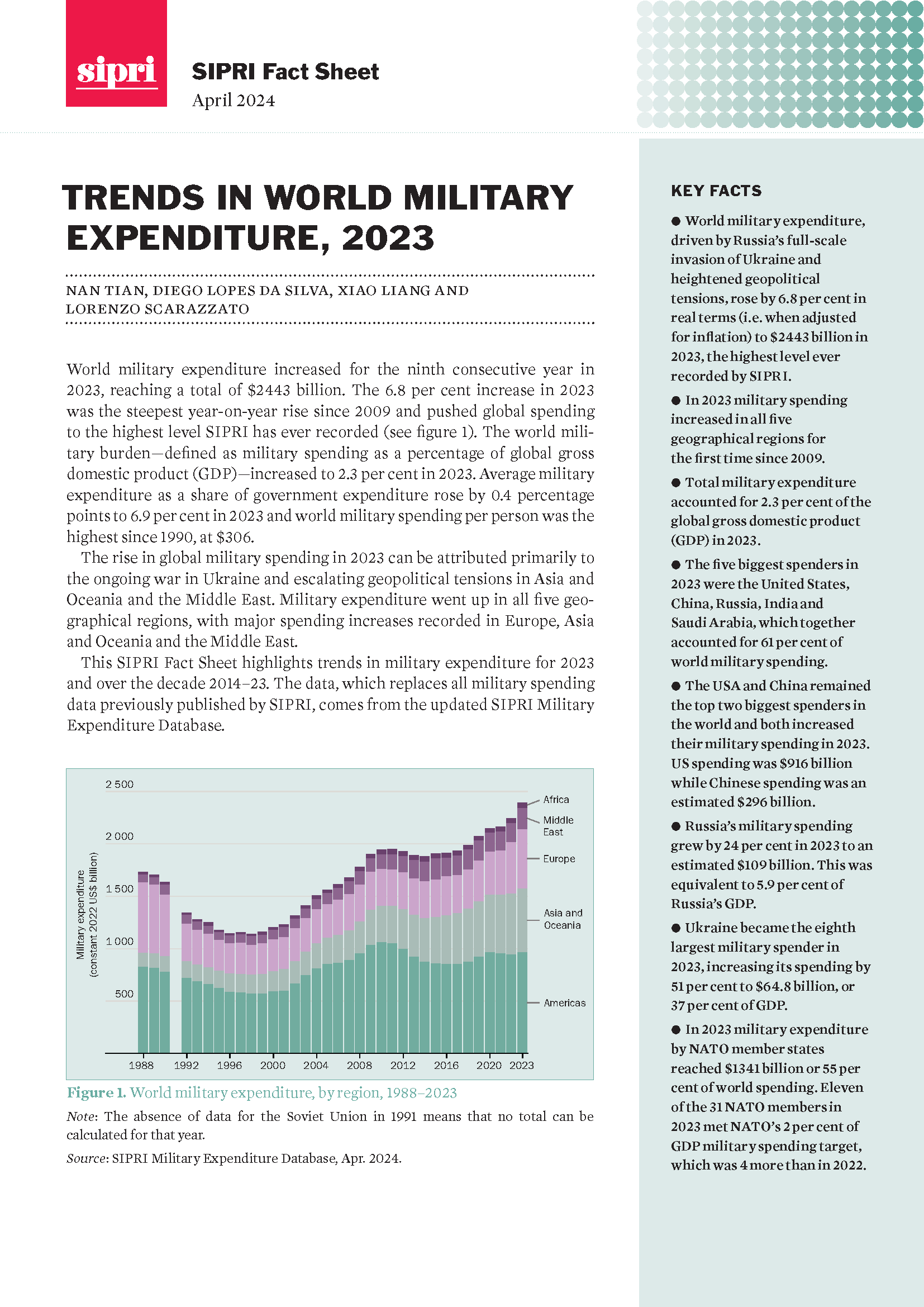Germany is currently facing a significant amount of concern and division within its society. Last January, thousands of people protested against right-wing radicalism in massive demonstrations across the country. The main target of these protests was the AfD party (Alternative for Germany), known for its nationalist and anti-immigrant rhetoric which was previously considered taboo in Germany.
The rise of the radical right in Germany has been alarming, with significant increases in the number of neo-Nazi and far-right group marches recorded by the Ministry of the Interior. This phenomenon has particularly resonated in the former German Democratic Republic (East Germany), where there is a deep-seated resentment towards West Germans post-reunification.
As the next round of European legislative elections approaches, scheduled for June 9, the AfD could potentially secure around 15% of the votes and up to 16 seats, doubling their current presence. The party has already established itself in the Bundestag, the national Parliament, and is expected to be a significant force in the upcoming regional elections in Thuringia, Brandenburg, and Saxony in September.
Many Germans have turned to the AfD due to growing discontent with the government, the handling of the pandemic, economic issues, and fallout from the war in Ukraine. Various German companies have joined forces to campaign against radical right-wing ideologies, citing threats to
:quality(75)/cloudfront-us-east-1.images.arcpublishing.com/elcomercio/7FS7B3IFARHITILYXFU7V4YAFE.jpg)


